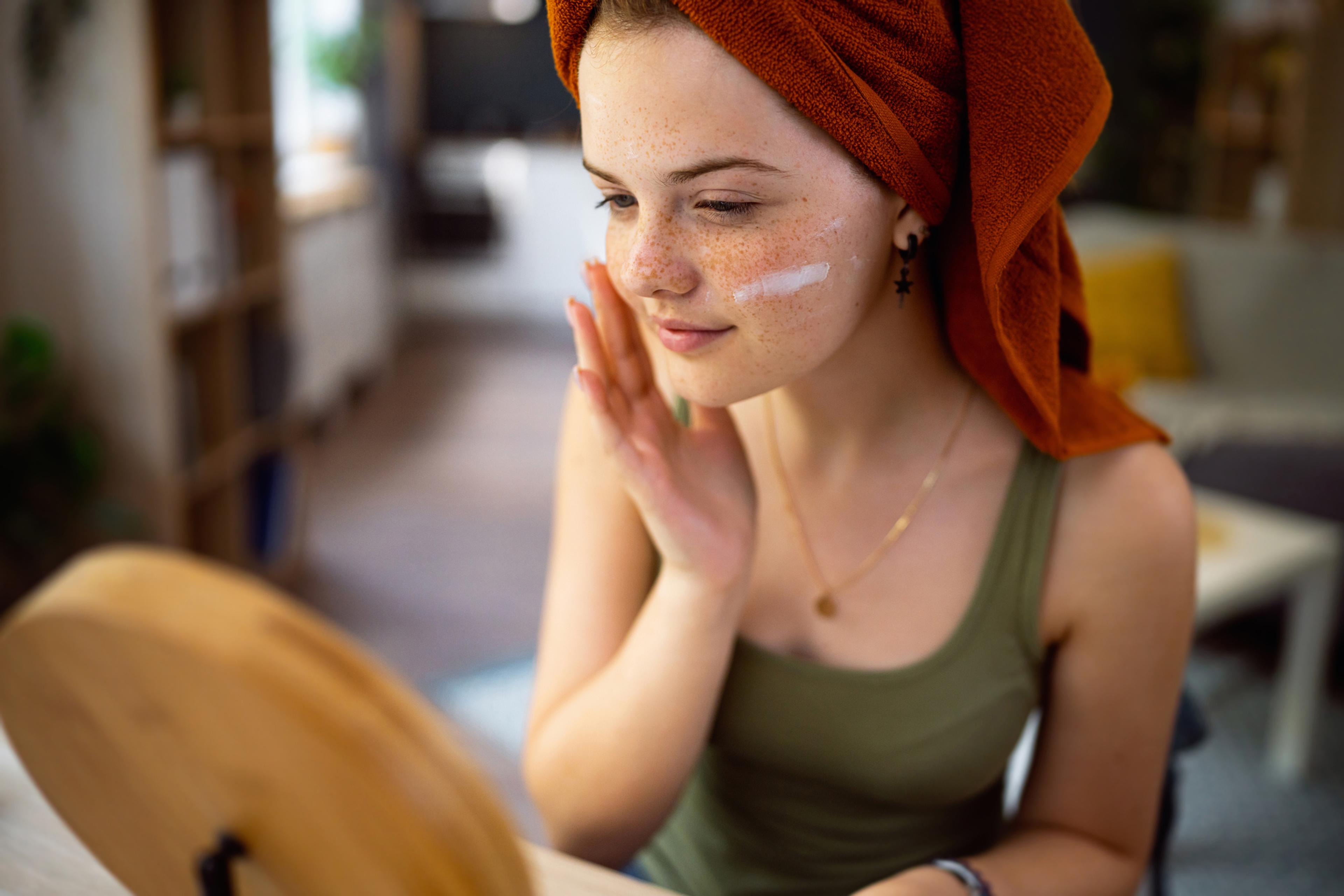Sensory Spaces for People with Autism Spectrum Disorder (ASD)
Shandra Martinez
| 3 min read

Picture yourself in a crowded shopping area. Different music is blaring in each store you walk through. The aisles are packed with people who are bumping up against you. This may not bother you, but for people with autism and sensory disorders, it might seem like they’re trapped in the inner workings of a busy pinball machine – with all the bells dinging and the lights flashing. This is what sensory overload can feel like, which is why it’s so important that people with autism have sensory spaces that have been specially designed with their feelings and comfort in mind.
What is autism?
People with Autism Spectrum Disorder (ASD) may experience differences in how their brain processes information. Social interaction and communication with others can be difficult. Some people may display repetitive behaviors or verbal patterns. Overall, people with autism can have their own way of moving, learning new skills, and different ways of paying attention to their surroundings, according to the Centers for Disease Control and Prevention. It’s estimated about 1% of the population has ASD – which means one in every 100 children are born with this.
Why is overstimulation an issue connected to autism?
The comfort of and accommodations for people with ASD have been getting much more attention in recent years in communities striving for accessibility. People with ASD often need spaces or activities that can be tailored to match their special sensory needs. This is because sensory overload is common for many people with ASD. Any one thing or combination of things can trigger a feeling of being overwhelmed or having to get away, for a person with ASD.
Some examples of what can feel bad:
- Bright or fluorescent lighting
- Loud noises
- Overlapping music, TV sounds, conversation
- Heavy fragrances
- Crowded spaces
What are sensory spaces?
Creating special sensory spaces or places where sensory overload is less likely to occur is becoming more common. Some examples of this are local movie theaters that have special movie times set aside for people with ASD: the lighting is dimmed, the sounds are lowered, and the movie-goers are invited to space themselves out throughout an uncrowded theater. The same type of thing is offered at some local shopping areas, libraries and other community gathering spots.
Visiting a sensory-friendly community
In some cities and towns, sensory-friendly options are plentiful. In Michigan, one example is the Lansing area. Pure Michigan touts all the experiences that can be specially tailored in this town for people with ASD. Some of the highlights:
- Stargazing at Abrams Planetarium: The sound stays low, and the planetarium’s doors stay open so people can come and go, or move around, during this inside star show and conversation about the night sky. The planetarium is on the Michigan State University campus. These special shows are offered each month. Find more details here.
- Potter Park Zoo: During the zoo’s regular season, it offers events designed for adults or children with ASD. This can include up-close meetings with animals. Potter Park is the state’s first certified sensory-inclusive zoo.
- Impression 5 Science Center. This popular spot has special sensory-friendly events. Dark glasses and noise-canceling headphones are available to participants. Crowds are smaller, the lights are lower and so is the noise level. Advance registration is required.
- Michigan History Museum: Come in for a self-guided tour. History buffs big and small can get a special sensory backpack with dark glasses and special headphones to limit noise.
- Comerica Park Sensory Room: The sensory room at Comerica Park opened in 2024. It is located outside Section 210 at Comerica Park and is available for all games and events. The space includes bubble walls, bean-bag chairs and sensory toys.
Related:
- Autism Awareness Month: Jonathan’s Story
- Understanding Autism in Children
- The Science Behind Weighted Blankets
Photo credit: Getty Images





